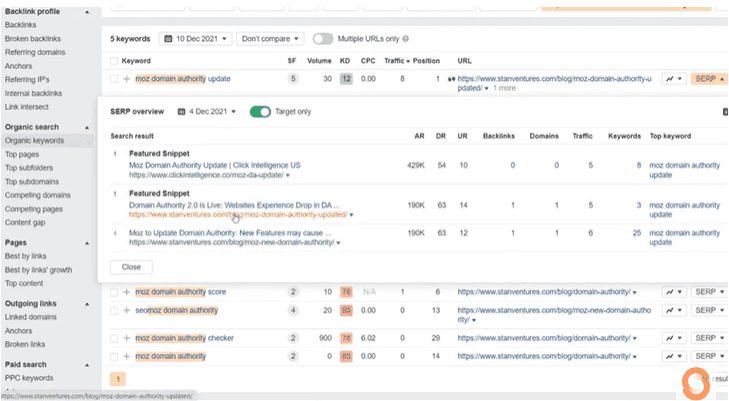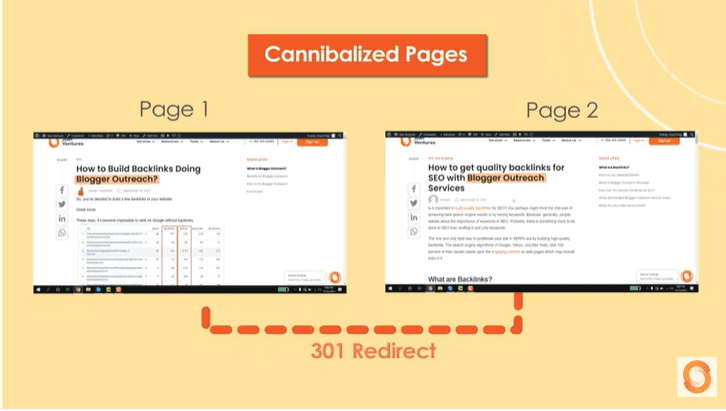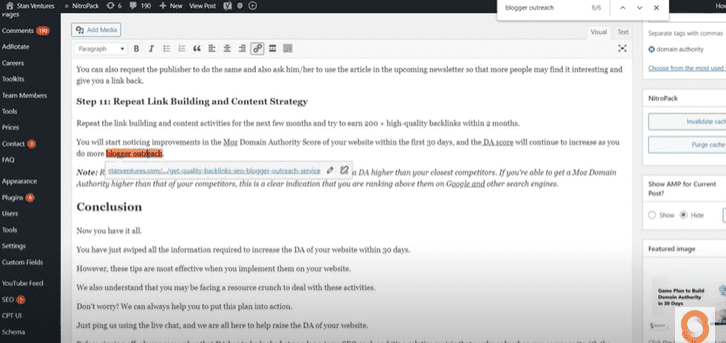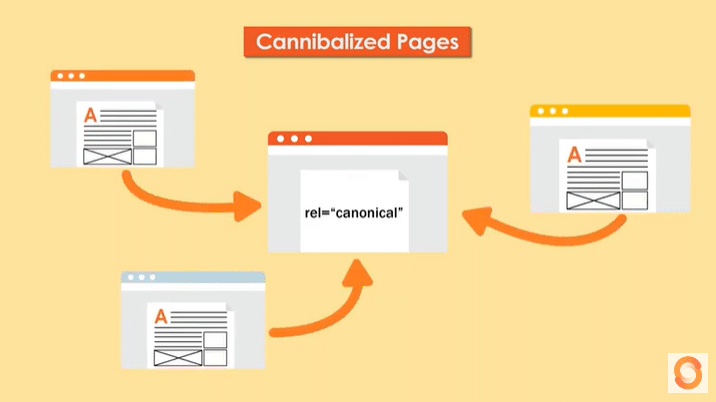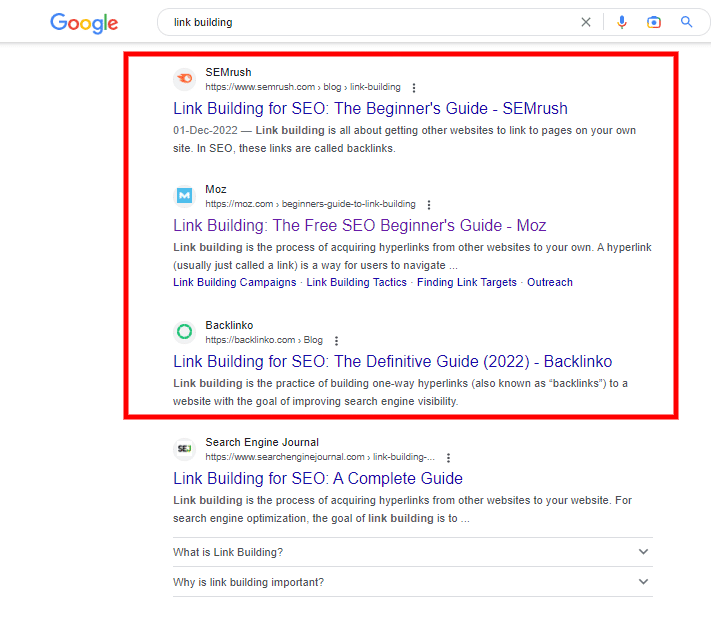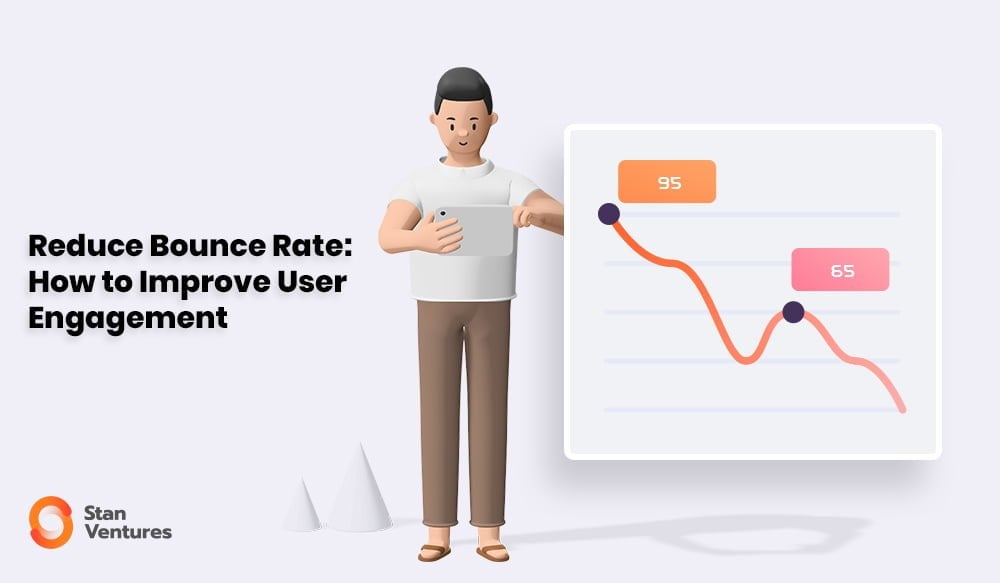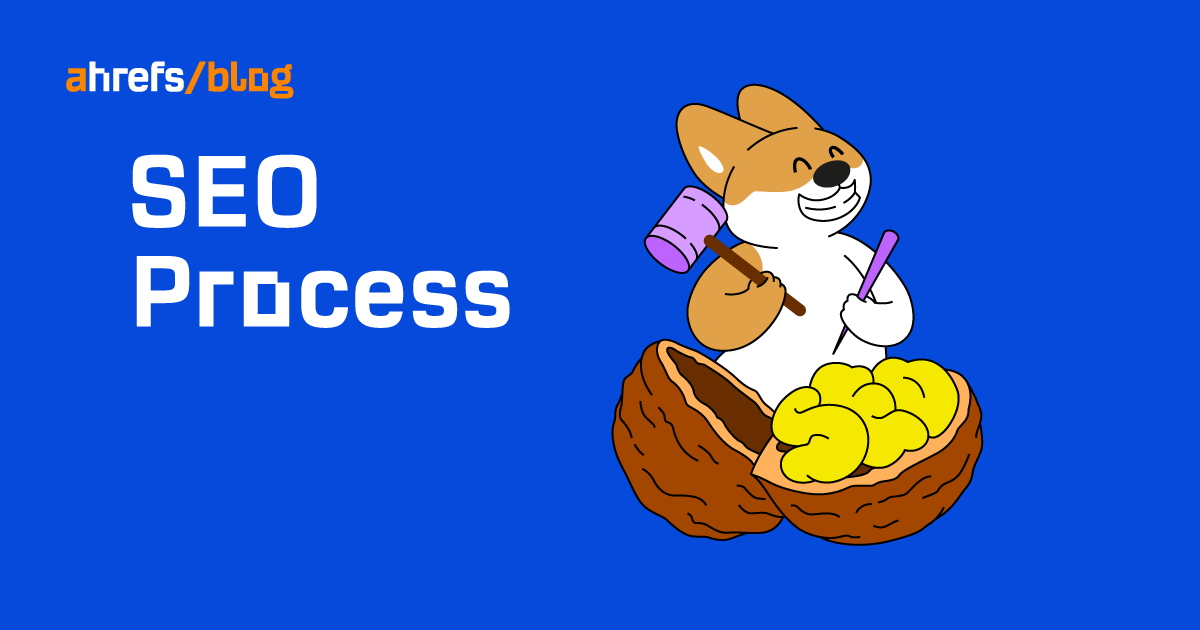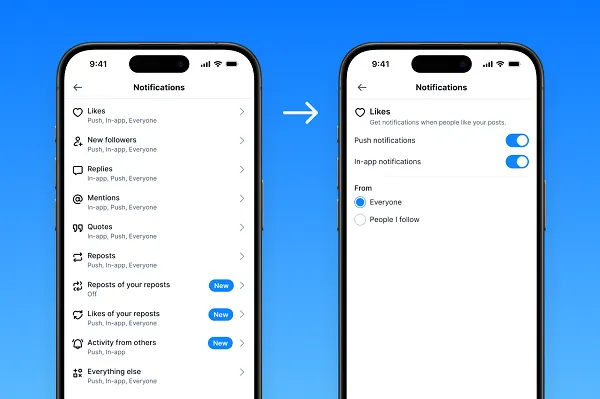How to Identify and Fix Keyword Cannibalization
Are you optimizing multiple content pieces to rank for similar keywords? BEWARE. Your site may fall prey to keyword cannibalization. Keyword cannibalization can hurt your site’s search engine ranking and bring down the visibility of your important pages. Fret...

Are you optimizing multiple content pieces to rank for similar keywords? BEWARE. Your site may fall prey to keyword cannibalization.
Keyword cannibalization can hurt your site’s search engine ranking and bring down the visibility of your important pages.
Fret not. You can recover your site from the bottlenecks of keyword cannibalization. The sooner you act, the better it is for your site.
In this blog, I’ll tell you about potential keyword cannibalization issues that sites encounter and how they can be fixed. Come on in.
What is Keyword Cannibalization?
Think of it this way: Would you waste time and effort competing against yourself when you have rivals out there waiting to beat you? That’s exactly what keyword cannibalization is.
It occurs when multiple pages on your site aim at ranking for the same keyword and intent. When this happens, Google gets confused and doesn’t have clarity about which page to rank higher.
And the result?
None of those pages may be ranked higher for the particular search term. That’s a big blow to your site’s ranking and search engine visibility, especially if it goes unnoticed in the long run.
Keyword Cannibalization Issues
To weed out issues and stop them from happening to you again, you have to get to the roots, right? This is true for keyword cannibalization too.
Now that you know keyword cannibalization can harm your website, let’s discuss potential keyword cannibalization issues in detail.
Frequent Ranking Fluctuations
Have you ever noticed the ranking of your pages changing frequently? This is probably because of keyword cannibalization.
Why?
When the search engine can’t figure out which of your pages to rank higher, it’s likely that the rankings of corresponding pages keep fluctuating.
As the positions of your pages keep shifting, none of those will be able to get clicks and attract traffic in a streamlined manner. This will lead to a negative impact on your conversion rate.
Low Page Authority
Let’s take two sites, A and B. Suppose site A offers two mediocre content pieces about how to make money online while B contains one page that features a detailed guide to making money online. Since all these pages deal with the same topic, they are likely to target similar keywords.
Now, which of the two sites will a reader choose to visit? The answer is site B because, unlike site A, it offers everything about the topic in one place.
When you have two or more of your pages competing against each other, you actually dilute your page authority. That means all your pages with similar content will end up with a low authority score.
Wrong URLs Ranking Higher
Have you seen a different page rank higher for a particular keyword while the page you actually targeted didn’t see significant improvement? Again, keyword cannibalization is the culprit.
The issue of wrong URL rankings often happens with product pages because they are likely to target similar keywords. On the other hand, it can also happen with other content pieces like articles. For example, you may find an older blog post ranking for the target keyword while trying to rank your new content.
User Intent Mismatch
To boost conversions, it’s important that your content matches the user intent. But what’s the connection between user intent and keyword cannibalization? Let me explain.
Keyword cannibalization can get your blogs rank for money keywords when you don’t pay attention to user intent. When you drive users who are ready to purchase a product to your blog page, you actually misguide them. Neither the user nor the search engine likes it when you misguide them.
Here’s an example.
Of the two above results, the first one is a blog post (informational intent) for people who need guidance to buy backlinks. The second one is for those who are looking for a service provider to buy backlinks (transactional intent). In this case, missing out on the user intent may result in visitors landing on pages irrelevant to their search.
As an SEO agency, we know that messing with the user intent will create havoc. That’s why we make sure that our content meets the user intent and also weed out keyword cannibalization issues at the earliest, or even better, avoid them.
How to Identify Keyword Cannibalization
Following the keyword cannibalization issues, here’s a look at how you can identify them on your website.
Easy Content Audit
If your website doesn’t have major keyword cannibalization issues or if it has around 20 pages, this method will probably work for you.
On Ahrefs, go to the Top Pages report and export it to identify similar pages and then narrow down pages with similar content manually.
This will help you identify pages with keyword cannibalization, especially on sites with fewer landing pages.
Historic Ranking Analysis
Do you want to identify keyword cannibalization for a particular keyword? Here’s what you have to do.
Leverage Ahrefs to identify the historical rankings and traffic of your target keyword. Let me show you an example.
As you see from the above screenshot, two of our pages are ranking for the search term Moz domain authority. Now that’s a keyword cannibalization issue that has to be fixed. I’ll tell you how you can fix keyword cannibalization issues later in this article.
Use Advanced Search Operators
Advanced search operators like inurl:yourwebsite.com intitle keyword. You’ll see all the pages on your site relevant to the particular keyword.
Let’s take the keyword, featured snippet, for example.
As you can see above, two of our blog posts are ranking for that keyword and that has to be fixed.
URLs Ranking for Same Keywords
Use Ahrefs to identify URLs that are ranking for the same keywords.
In the Organic keywords section, you will see a result like the one below. Make sure that the Multiple URLs only filter is turned on.
How to Fix Keyword Cannibalization
Let’s get to the final part of this write-up. Here’s how you can fix keyword cannibalization issues you spot on your website.
Merge Your Content
Once you spot two pages with similar content ranking for the same keyword, the best thing to do is to merge them into one. This way, you create a high-value resource for your visitors to access.
Make sure you use 301 redirects to drive users to the destination where they can read the updated content.
But how do you know which of the two pages to retain? Here’s the catch.
Check the performance of those pages on Google. Identify the number of referring domains, the keywords each page is ranking for and other relevancy signals. The best one wins.
Upgrade Your Site’s Internal Linking Structure
Search engines use internal links not just to crawl your new web pages but also to understand how they are relevant to other pages across your site.
What if I told you you could use this to fix keyword cannibalization issues?
Check the internal links on the cannibalized pages and replace them with the URL of the page that you want to rank higher.
This way, you tell the search engine which of your pages has more weightage and prompt it to rank that page higher in search. You get to stop your other pages from competing against it in terms of ranking.
Canonicalize the Page
Using canonical tags (rel=”canonical”) is one of the simplest ways to tell Google not to rank particular pages on your site.
They come in handy to set one page as the primary version, thereby letting the search engine know which page it has to rank.
By canonicalizing particular web pages, you red flag Google from ranking wrong URLs, including PPC landing pages. Plus, you can also dodge duplicate content issues, which otherwise affect your site’s content quality.
Create Intent-Focused Content
Sometimes, the keywords you use in your content may keep you fighting with yourself and not fetch higher rankings. Let’s take “link building”, for example.
The top results for that keyword relate to informational intent. That means if you want to rank for this keyword, you have to create content that meets informational intent.
If you’re targeting this keyword or other variants of it without minding the intent, you may not be able to raise your bar to rank higher in SERPs. Make sure your content is intent-focused.
Plan Your Content
What if you could actually stop keyword cannibalization from happening to your site? That’s possible if you can plan your content wisely.
Perform a content audit using SEO tools like Ahrefs or Semrush to find out if you have already created content that ranks for similar keywords. Alternatively, you can use your site map and perform an URL search to discover if you have created content based on similar keywords. If yes, avoid creating new content.
This will help you prevent making room for new keyword cannibalization issues.
Maintain the Same URL for Evergreen Content
Make sure you keep the URLs of your evergreen content pages the same at all times. This way, you can get a page authority boost over time.
On the other hand, also ensure that you revamp it from time to time to keep it up to date and maintain relevance.
Wrapping Up
With multiple URLs ranking for the same keyword, keyword cannibalization issues are a pain for site owners and digital marketers. It can have a negative impact on your page authority and hurt your site’s SEO rankings. The sooner you weed out these problems, the better it is for your site’s authority and rankings.
Identify and fix keyword cannibalization issues using the methods mentioned above and improve your chances of securing higher SERP positions.
Author
Ananyaa Venkat
Ananyaa has been penning down industry-specific content for 6+ years. With blogging as her special interest, she loves exploring multiple verticals to keep track of dynamic market trends.

 BigThink
BigThink 

